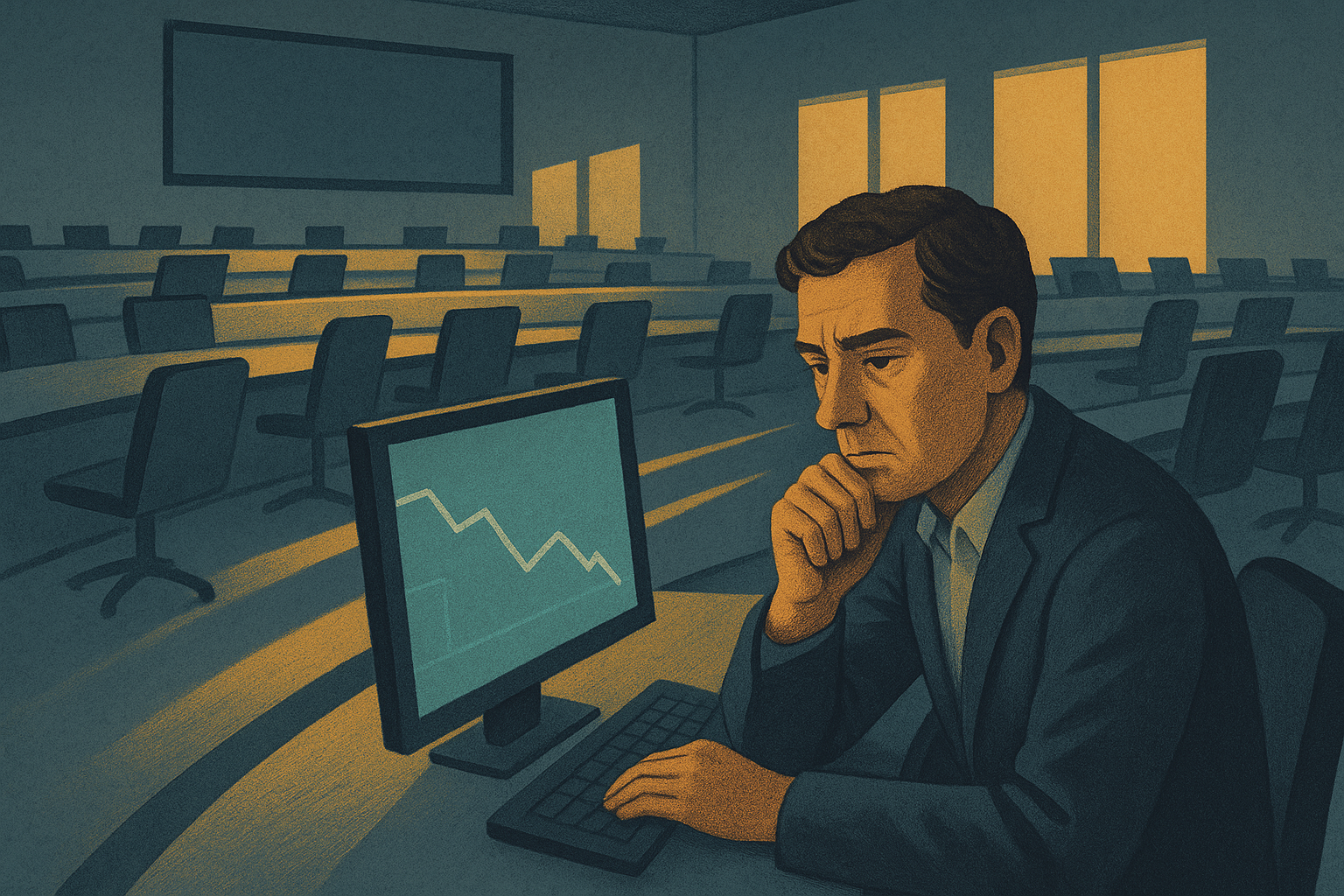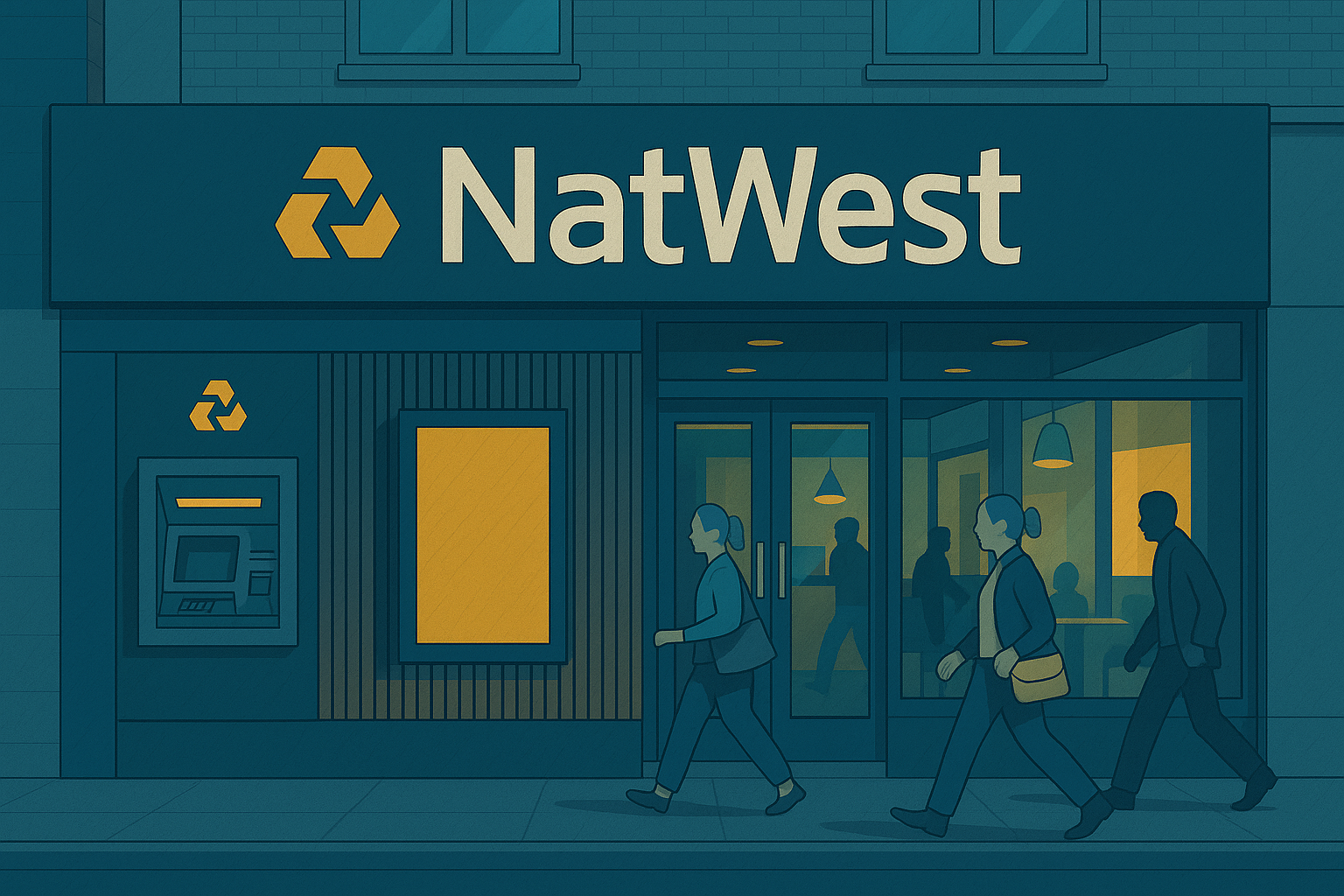London-listed defence stocks experienced a significant decline on Tuesday following recent discussions between Washington and Ukraine. These talks prompted traders to reassess the potential role of European nations in any post-ceasefire peacekeeping efforts.
Shares in Babcock, a leading FTSE-100 engineering group, fell by as much as 7.5% by mid-afternoon, while BAE Systems saw its stock drop by over 4%. Rolls-Royce, which has a diverse portfolio including aircraft engines and small modular reactors, traded 2.8% lower at 14:50 BST before recovering some of the losses later in the session.
The volatility in UK defence firms was triggered by former US President Donald Trump’s confirmation that the US would participate in a peacekeeping mission to ensure Russia and Ukraine adhere to any peace agreement. Trump’s comments, delivered during a press conference with Ukrainian President Volodymyr Zelensky at the White House, suggest that Europe may count on US support to prevent further escalation.
The market downturn also followed news that Ukraine had agreed to purchase $100 billion (£740 million) worth of US weapons, financed by Europe, as part of its efforts to secure security guarantees from the Trump administration.
Danni Hewson, head of financial analysis at AJ Bell, commented to City AM, “Far from the adversarial, uncomfortable scenes recorded in the White House earlier this year, the interaction between the US President and the Ukrainian leader was positive, even friendly. There seems to have been a shift, and if the fighting ends, the requirement for additional armaments ends with it, although any peacekeeping forces will need kitting out appropriately.”
The downward pressure was even more pronounced across the continent, with European defence giants experiencing declines of up to 10%. Italy’s Leonardo saw a 10% drop in valuation within hours of market opening. Shares in Germany’s Hensoldt and Rheinmetall, the latter being one of the top-performing public companies globally this year, fell by 8.4% and 5.4%, respectively.
This widespread sell-off marks the end of a strong performance for European defence firms this year. Shares in arms and aerospace companies had surged as NATO members increased their armament efforts in response to pressure from the Trump administration and the alliance’s crucial role in maintaining peace in Europe.
In February, UK Prime Minister Keir Starmer announced a reduction in the international aid budget to increase UK defence spending to 2.5%. Meanwhile, Germany’s new Chancellor, Olaf Scholz, assumed office with a pledge to end the country’s longstanding ‘debt brake’ to enhance its defence and infrastructure budgets.




